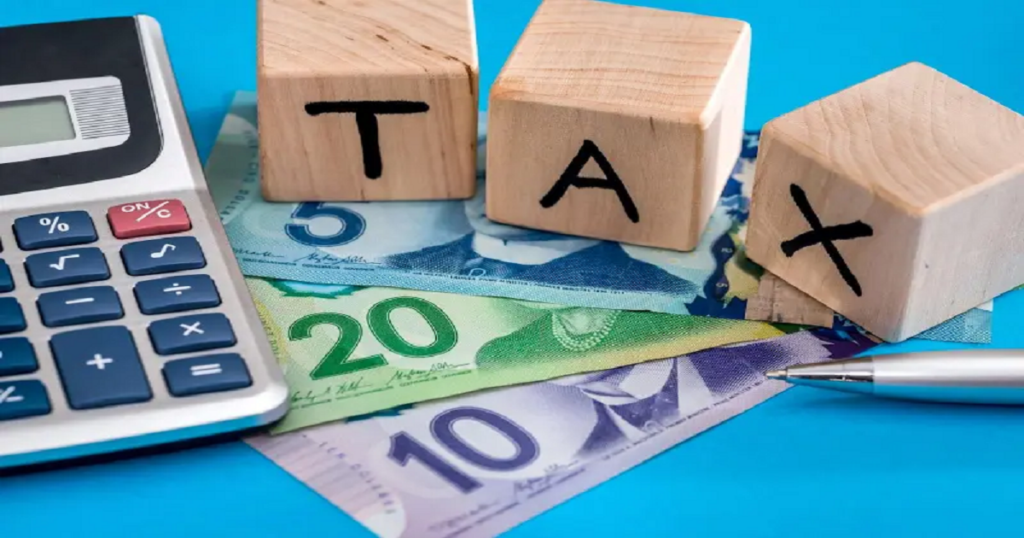Introduction
Initial DEX Offerings (IDOs) have emerged as a popular method for decentralized finance (DeFi) projects to raise capital. While IDOs offer exciting opportunities for investors, they also come with specific tax obligations in Canada. This article explores what IDOs are and the tax implications they carry for Canadian investors.
What Are IDOs?
An Initial DEX Offering (IDO) is a type of fundraising method where a cryptocurrency or token is launched on a decentralized exchange (DEX) rather than through a traditional Initial Coin Offering (ICO). In an IDO, tokens are sold directly to the public, often at a discounted rate, and the funds raised are used to finance the development of the project.
IDOs offer several advantages over traditional fundraising methods, including increased liquidity, immediate trading, and reduced costs. However, they also present unique challenges from a tax perspective.
Tax Treatment of IDO Investments in Canada
In Canada, the tax treatment of gains or losses from IDOs depends on the nature of your involvement in the transaction:
- Capital Gains:
- If you invest in an IDO as a long-term investment and sell the tokens at a later date for a profit, the gain is considered a capital gain.
- As with other capital gains, 50% of the profit is taxable and must be reported on your income tax return.
- Business Income:
- If you are actively trading tokens from IDOs or if your participation in IDOs is part of your business activities, any profit is considered business income.
- 100% of the profit is taxable as business income, and you may also deduct any related business expenses, such as transaction fees or other costs associated with participating in the IDO.
Reporting IDO Income on Your Tax Return
Whether your gains from an IDO are classified as capital gains or business income, it is crucial to report them accurately on your tax return. Here’s how you can do it:
- For Capital Gains: Report your gains on Schedule 3 of your tax return. Include all relevant details, such as the date of acquisition, date of disposition, adjusted cost base, and proceeds of disposition.
- For Business Income: Report your gains on Form T2125 (Statement of Business or Professional Activities), detailing all income and expenses related to your IDO transactions.
Tracking and Valuing Your IDO Investments
Tracking your IDO investments can be complex due to the volatile nature of cryptocurrency prices. It is essential to maintain accurate records of all transactions, including the date, time, amount, and value of tokens in Canadian dollars at the time of each transaction.
- Adjusted Cost Base (ACB): Calculate the ACB by adding the initial investment cost and any transaction fees.
- Proceeds of Disposition: Calculate the proceeds of disposition by determining the value of the tokens when they are sold or exchanged.
Potential Penalties for Non-Compliance
The CRA requires all income, including gains from IDOs, to be reported on your tax return. Failure to do so can result in penalties, interest, and potential audits. If you have not reported income from IDOs in previous years, it is advisable to file an adjustment request with the CRA. The Voluntary Disclosure Program (VDP) can also be used to correct your tax affairs before the CRA initiates any enforcement actions.
Conclusion
IDOs offer exciting investment opportunities, but they also come with specific tax obligations in Canada. Understanding how the CRA views IDO-related gains and ensuring accurate reporting on your tax return is crucial for compliance. As the landscape of DeFi continues to evolve, staying informed about the tax implications of IDOs will help you navigate this space with confidence.
If you have any questions or require further assistance, our team of accountants at Tax Partners can help you.
Please contact us by email at info@taxpartners.ca or by phone at (905) 836-8755 for a FREE initial consultation appointment.
You may also visit our website (www.taxpartners.ca) to learn more about other services we offer in Canada, US and abroad.


